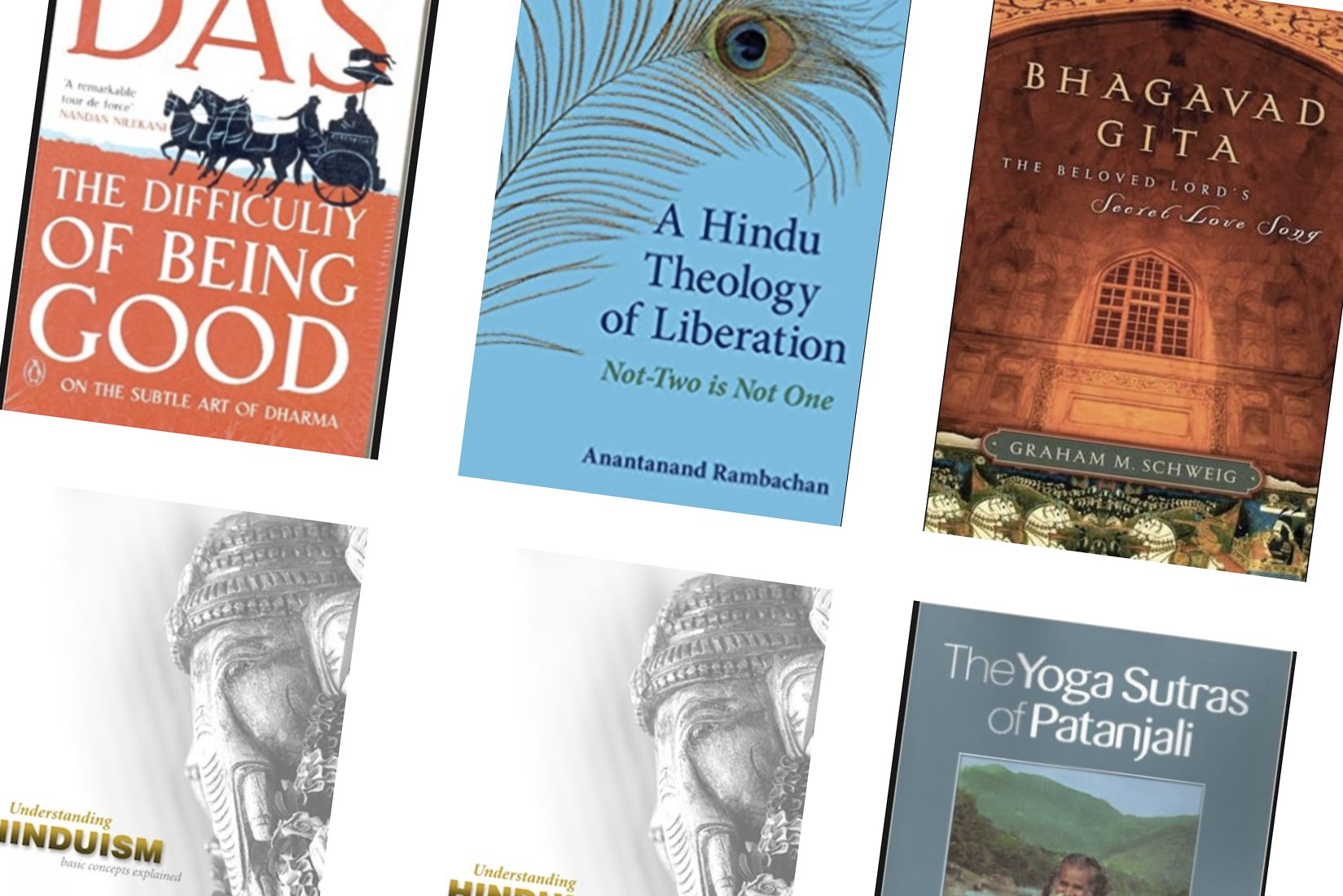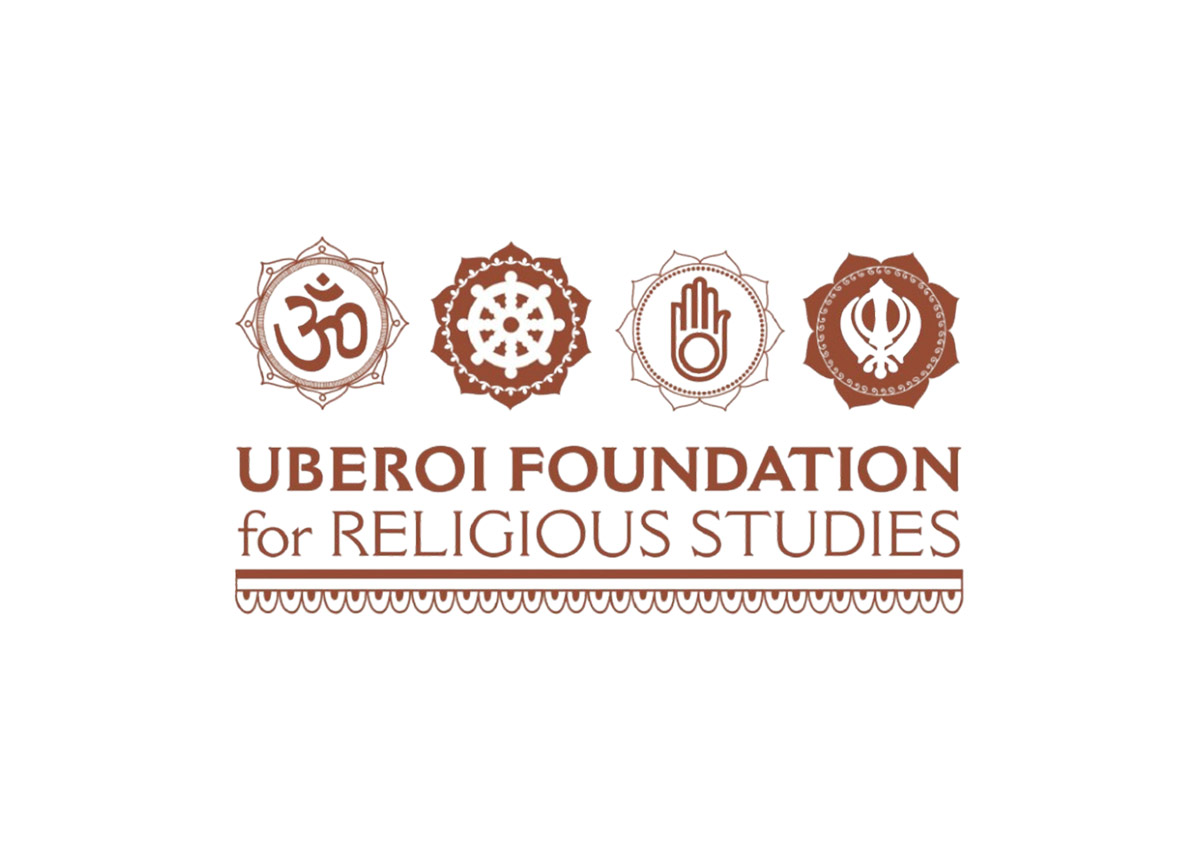Learn the foundations of Hinduism at your own pace
What is Hinduism?
Learn about the core beliefs of Hindu Dharma traditions:
key Hindu concepts, sources of knowledge, symbols, and philosophies.
When did Hinduism start?
Learn who the Ancient Indians were and the history of Hinduism
Where is Hinduism practiced?
90% of the 1 billion Hindus in the world reside on
the Indian subcontinent, but the diaspora's impact
has spread to every continent
Who do Hindus worship?
The modules covers the various forms
of the Divine which Hindus worship.
How do Hindus worship?
Dharma, yoga, how Hindus worship, and more...
Explainer Videos
Further Reading
Go deeper into learning about Hinduism with these recommended books.
Donor Spotlight
HAF is excited to partner with the Uberoi Foundation for Religious Studies to expand our educational resources on the Dharma Traditions. With Uberoi’s grant support, we’ll develop new guides, podcasts, and videos to deepen the understanding of Hinduism, Jainism, Buddhism, and Sikhism, promoting respectful dialogue in schools and communities.
Enjoy our content? Support our work!
Our team has spent a significant amount of time to research, write, review, and design these various educational modules. If you have found these to be useful in your journey to learning about Hindu dharmas, please consider making a donation.
Donations aren’t the only way you can support HAF. Learn more.









































